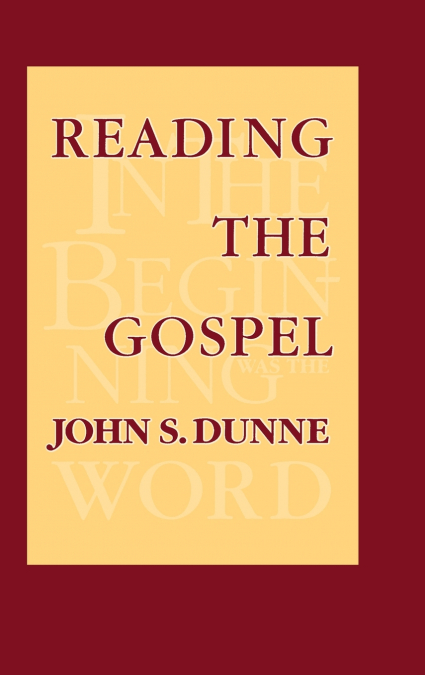
 Librería Perelló (Valencia)
Librería Perelló (Valencia)
 Librería Aciertas (Toledo)
Librería Aciertas (Toledo)
 Librería Elías (Asturias)
Librería Elías (Asturias)
 Donde los libros
Donde los libros
 El AlmaZen del Alquimista (Sevilla)
El AlmaZen del Alquimista (Sevilla)
 Librería Kolima (Madrid)
Librería Kolima (Madrid)
 Librería Proteo (Málaga)
Librería Proteo (Málaga)
Using the method of spiritual reading, lectio divina or 'divine reading' as it is called in monasteries, John S. Dunne sets out his interpretation of the evangelists, especially John in Reading the Gospel. Reading the Gospels, according to Dunne, means passing over into the relation of Jesus with his God, the God he calls Abba in prayer, and then coming back from that with a changed vision of life and death. If I pass over into the relation of Jesus with God, then Jesus disappears from in front of me and I find myself in relation to what Jesus calls 'my God and your God.' When I come back to myself, I see my life in terms of his life and my death in terms of his death and resurrection, and I am able to say with Paul, 'I live now, not I, but Christ lives in me.' 'We read to know that we are not alone,' Dunne says, quoting from Shadowlands, and we read the Gospels to know that God is with us. 'I believe in God-with-us,' he says, as a personal creed summing up the Gospels. He ends with a kind of lyrical commentary that he calls Songlines of the Gospel, twenty-one short lyrics telling of the basic scenes in the Gospel of John.